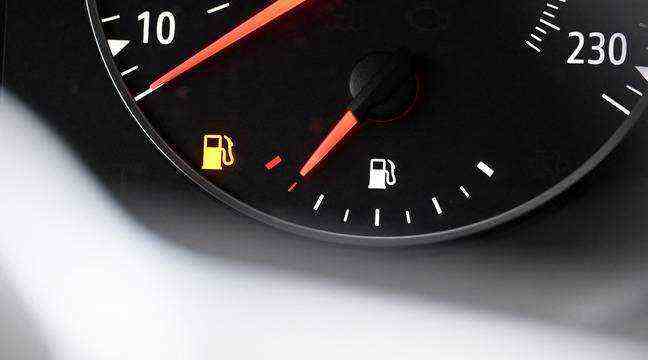In order to cope with petrol prices which continue to soar, Jean Castex announced on Tuesday that the scale for calculating the mileage allowance for taxable households declaring their professional expenses will be “raised by 10%”. This increase should be formalized “as of this week” by a decree, specified the Prime Minister during the session of questions to the government at the Assembly. The executive has therefore chosen to target “those of our fellow citizens who drive a lot, that is to say those for whom the vehicle is ultimately a means of work or job search”, he explained, citing, for example, “nurses” or “home helpers” in rural areas.
For the approximately 2.5 million households concerned, “the effect will be quick and direct as soon as they file their 2021 income tax declaration or last year’s profits”, assured Jean Castex. According to the head of government, “this revaluation is also intended to serve as a reference, and therefore potentially to have an impact on the mileage allowances paid directly by employers to their employees who use their personal vehicle”.
The inflation bonus already paid to 20 million French people
The executive has already taken out the checkbook in recent months to deal with inflation, notably deciding to pay 100 euros to 38 million people. This compensation, “20 million French people have already received it”, detailed Jean Castex on Tuesday. “Public officials who are eligible will receive their compensation on payroll at the end of January. And at the end of February, 12 million of our retired fellow citizens will be added who will receive it via their pension funds, ”he continued.
To this bonus were added an exceptional payment of 100 euros in December for the six million households benefiting from the energy check, the blocking of gas prices and the limitation to 4% of the increase in electricity prices.
The head of government ruled out any lowering of VAT on fuels to 5.5%. This “is not the solution” because this measure “is not targeted at those who need it most”, and it “costs billions with the risk that it will be immediately erased if the price of the barrel rises again “, pleaded Jean Castex.

